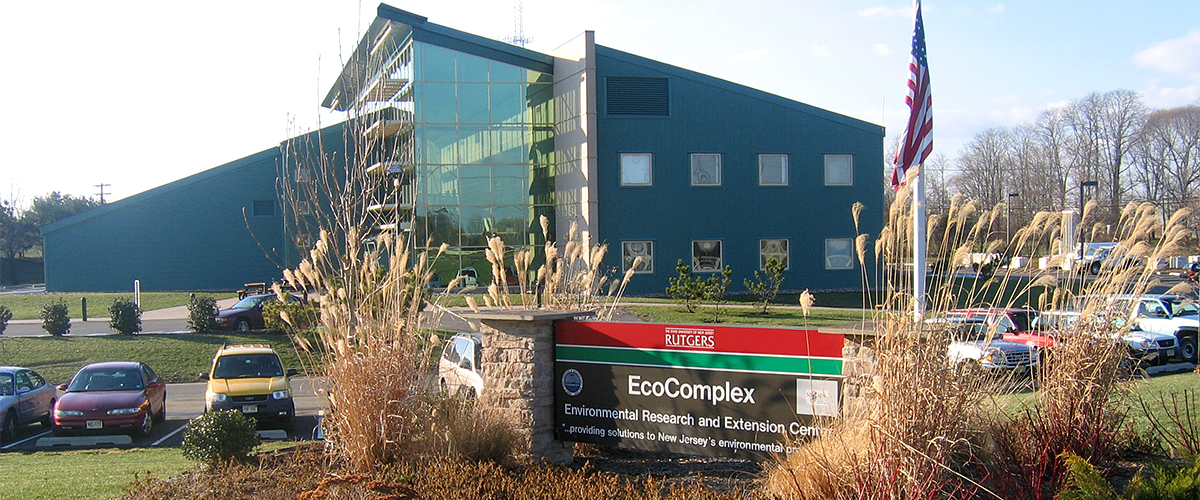怎样处理废品
TerraCycle is unlike traditional municipal recyclers, as we are focused on a wide range of waste streams that are typically not locally recyclable.
Our process starts with our R&D team — in-house scientists and material application specialists who work across our various offices and in collaboration with leading universities — who analyze the materials to determine the right way to process it into new materials. This includes how to break down the waste, separate it into its building blocks, and then recycle those materials for new applications.
Once R&D is complete and a recycling program is live, our Materials team builds an active supply chain for collection, sortation, recycling and end markets. To stay ahead of packaging innovations and changing technology, we leverage a wide network of third party logistics, sorting, and processing capabilities to bring our solutions to life.
R&D & REGULATORY REVIEW
TerraCycle does extensive foundational development to assess the materials we are planning to receive and recycle:
- Regulatory: We review local, regional, and national regulations to confirm how each item in the accepted waste list can be safely collected, shipped, and/or stored in each market.
- Technical Recyclability: We assess the material composition of the accepted waste to determine how the material needs be sorted, processed, and converted into a usable raw material for recycled product manufacturing.
- Practical Recyclability: We layer on real-world factors (like contamination levels or vendor and equipment limitations) to confirm that we have a viable supply chain to recycle.

TerraCycle's Global R&D Headquarters is based in the Rutgers University EcoComplex, a research hub for environmental and renewable energy industries
RECEIPT & CHECK-IN
In each country, shipments of waste are sent to local TerraCycle Material Recovery Facilities (MRF), which are always located in the same country where the waste originates.
When a shipment arrives at a dedicated TerraCycle MRF, it is checked-in, weighed, and visually inspected for contamination.

TerraCycle MRFs are specialized sites that receive waste, record data, manually separate dissimilar materials (where applicable), and aggregate materials for recycling.
SORTATION & AGGREGATION
Using an array of techniques, we sort materials based on material characteristics and composition, then aggregate similar materials to reach minimum volume thresholds for further processing.
TerraCycle utilizes a wide variety of sorting technologies such as manual sortation, size separation, sink/float, optical, air density, gravity, magnetic, and more.

These images, shot in one of TerraCycle’s MRFs, show team members consolidating the newly sorted materials into a bulk format in preparation for processing.
CLEANING & PROCESSING
The different material types are cleaned, then sent to third-party processing partners that recycle the materials into usable forms.
For example, metals and aluminum are shredded and smelted into metal sheeting, ingots, or bar stock. Glass is crushed and melted to be used in new glass bottles (if clear) or brick, cement or concrete applications (if colored). Rubber is generally cyro-milled to freeze, then size-reduced into a powdered state for flooring applications. Organics are composted or used in industrial and commercial fertilizers.
Plastics are the largest category of material we collect through our programs. These materials are size-reduced (made smaller by being shredded or ground), then melted and reformatted into pellets, flakes, or a powder format.

TerraCycle team members preparing material for recycling. TerraCycle works with a network of third party vendors (who are pre-qualified and onboarded by our Materials team) to ensure that all waste is processed.
RECYCLED PRODUCTS
After we ensure the waste is recycled into a raw material, it is sold to manufacturing companies who produce end-products, completing the journey of recycling. These end products may include outdoor furniture and decking, plastic shipping pallets, watering cans, storage containers and bins, tubes for construction applications, flooring tiles, playground surface covers and athletic fields, and much more.

Benches, playgrounds, and garden beds are some of the many end-products that can be manufactured using the recycled materials collected through our programs.
Our Viewpoints on Waste Solutions
Does TerraCycle use mechanical or chemical recycling?
In general, TerraCycle uses solutions that guarantee not just technical recyclability but also practical recyclability. Technical recyclability is the ability to convert material into a new usable format in a laboratory or demonstration setting. It does not take into account economic viability, but it is a prerequisite to practical recyclability. What creates practical recyclability for a specific waste stream is if a waste management supply chain can recycle it profitably.
Recyclers are typically for-profit enterprises, and so they focus on recycling waste streams they can make a profit on. For most products and packaging, the cost to collect and process thm is typically more than the value of the resulting material — so while they are technically recyclable, they are not practically recycled at scale today. This is why TerraCycle has created an alternative approach to solving waste.
Mechanical recycling is where discarded items are recovered and converted into usable materials by breaking down their composition and turning them into something new. This is how the majority of waste collected through TerraCycle is processed. Currently, this method is the optimal way to guarantee practical recycling at scale.
Chemical recycling is an umbrella term for various processes that chemically alter plastics to prepare them for processing, either by applying heat, depleting oxygen, using solvolysis, or through other methods. TerraCycle uses chemical recycling solutions today in select applications, and we have made major investments into further R&D to assess additional chemical recycling solutions. We will not pursue Chemical Recycling methods that turn plastic to fuel or energy.
Does TerraCycle use waste-to-energy?
TerraCycle avoids waste-to-energy and never uses it as an end-of-life solution for anything that we guarantee to be recycled. TerraCycle only utilizes waste-to-energy in select cases, such as when a material is required to be handled this way due to legal restrictions (i.e. hazardous medical waste originating from hospitals).